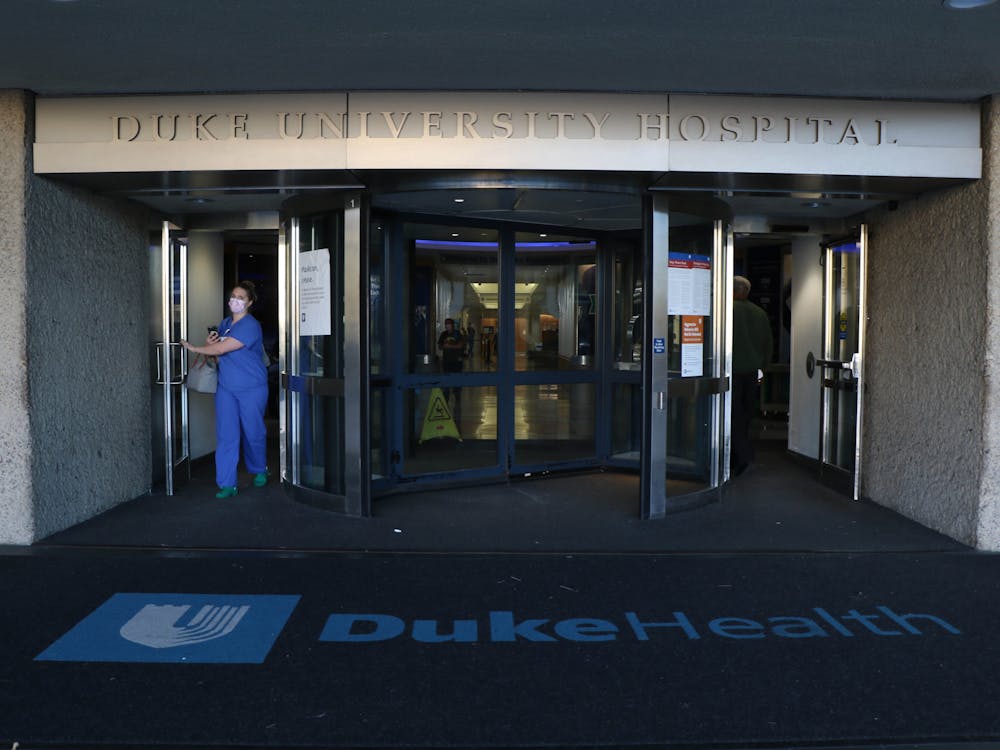After health systems across the state, including the Duke Children’s Hospital, saw increasing cases of the Respiratory Syncytial Virus in late October, cases have started to plateau across the state this week.
In late October, Duke Health reported over 200 cases, while UNC health systems reported nearly 200 in a week during that time. The state shot from 911 to 980 positive cases from Oct. 22 to Oct. 29 and steadied to 977 positive cases as of Nov. 11.
According to Sameer Kamath, a pediatric critical care medicine specialist at Duke Children's Hospital, RSV was “the predominant virus that [Duke Children’s Hospital was] seeing.”
At Duke Children’s Hospital, all 118 acute-care beds were occupied as of Oct. 26.
“We have been able to manage it for most parts…but there have been times where we had to hold patients in the [emergency department] for long periods of time and then bring them to the inpatient areas once we achieve discharges,” Kamath said.
RSV typically spreads through the respiratory droplets of an infected person. Cases peaked earlier than normal due to the “immunity gap” from the pandemic, as many return to their everyday lives without masking or social distancing.
Usually most kids catch RSV before turning two, but some scientists say the isolation of the pandemic left little opportunity for exposure or developing immunity. Additionally, mothers were less exposed to the virus, so they couldn’t pass along their antibodies through breast milk.
RSV starts as a common cold, having the potential to become more severe in young children and older adults. Children are particularly susceptible to this virus.
Symptoms can include loss of appetite, fatigue, fever and coughing. In severe cases, pneumonia may develop. The first symptoms occur approximately four to five days after exposure with a contagious period of three to eight days.
Kamath described some measures to increase immunity to RSV, including SYNAGIS, an injection that provides antibodies to children under two with high risk of severe complications from RSV in order to prevent serious lung infections.
In terms of preventative measures for contagious illnesses, Kamath recommends anyone sick should “avoid interacting with folks, [follow] hand hygiene, mask-wearing, maintaining social distance if you’re ill, avoiding large indoor crowded gatherings.”
He also recommended “getting vaccines for vaccine-preventable illnesses, like the flu vaccine” and “making sure you’re taking care of your chronic conditions as well, so you don’t need to then get hospitalized for those things given the current capacity crisis.”
Get The Chronicle straight to your inbox
Sign up for our weekly newsletter. Cancel at any time.

Michelle Brown is a Trinity junior and an editor-at-large of The Chronicle's 120th volume.
Yasmine Kaplan is a Trinity junior and a staff reporter for the news department.

